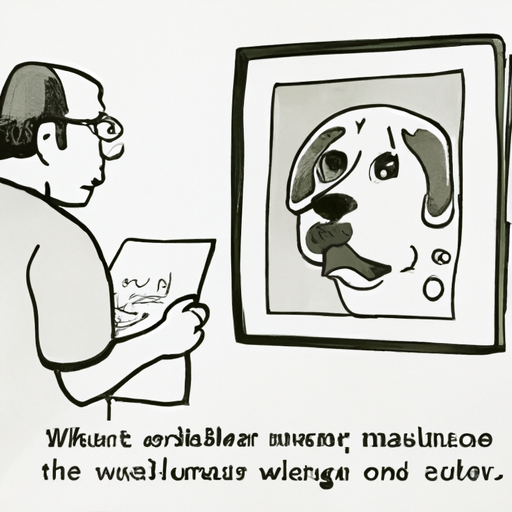As a caregiver, you are the lifeline for your furry friend. It’s important for you to know about potential health risks like mast cell tumors. Let’s dive into understanding how mast cell tumors can fatally affect dogs, and what you can do to help.
Understanding Mast Cell Tumors (MCT)
Mast cell tumors are a type of cancer that affects the mast cells in a dog’s body. These cells are part of the dog’s immune system. They help in healing wounds and defending against parasites. In some unfortunate cases, these cells can multiply uncontrollably, forming mast cell tumors.
Why does this happen? The reasons are not entirely clear. Some breeds like Boxers, Boston Terriers, and Labradors are more prone to MCTs. But no dog, regardless of breed, is immune.
The Impact of Mast Cell Tumors
Mast cell tumors can affect your dog’s quality of life significantly.
- Skin Problems: Most MCTs form on the skin, often appearing as small lumps or bumps. They can be itchy, causing discomfort to your pet.
- Internal Damage: MCTs can also form internally, affecting organs like the spleen, liver, and intestines. This can lead to severe health complications.
- Spread of Cancer: If not treated promptly, MCTs can metastasize to other parts of the body, spreading the cancer.
Treating Mast Cell Tumors
Treatment for MCTs involves a combination of surgery, radiation therapy, and chemotherapy. The chosen treatment depends on the grade of the tumor and how much it has spread.
| Treatment | Purpose |
|---|---|
| Surgery | To remove the tumor |
| Radiation Therapy | To kill cancer cells in a specific area |
| Chemotherapy | To kill cancer cells throughout the body |
Early detection and treatment can significantly improve a dog’s prognosis.
Preventing Mast Cell Tumors
As a caregiver, prevention is your best weapon.
- Regularly check your dog for any unusual lumps or bumps.
- Ensure your dog has a balanced diet and regular exercise to boost their immune system.
- Regular vet check-ups can help in early detection of MCTs.
When Mast Cell Tumors Turn Fatal
Sometimes, despite best efforts, MCTs can turn fatal. This usually happens when the cancer has spread extensively, affecting vital organs. In such cases, providing comfort and minimizing pain for your dog are the primary goals.
FAQ
Q: Can all dogs get mast cell tumors?
A: Yes, any dog can get mast cell tumors, but some breeds are more prone.
Q: Can mast cell tumors be prevented?
A: While there’s no surefire way to prevent MCTs, regular check-ups and a healthy lifestyle can help.
Q: How are mast cell tumors diagnosed?
A: MCTs are usually diagnosed through a biopsy of the lump.
Q: Is chemotherapy safe for my dog?
A: Yes, but like all treatments, it can have side effects. Your vet will guide you through the process.
Q: What if the mast cell tumor is not treatable?
A: In such cases, the focus shifts to providing a comfortable and pain-free life for your dog.
Remember, as a caregiver, your love and attention are vital in helping your dog fight mast cell tumors. Stay informed, stay vigilant, and always consult with your vet if you notice anything unusual.



